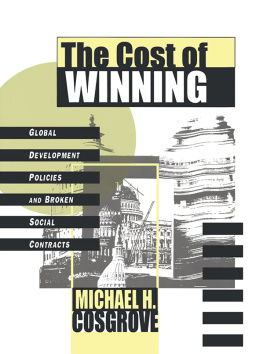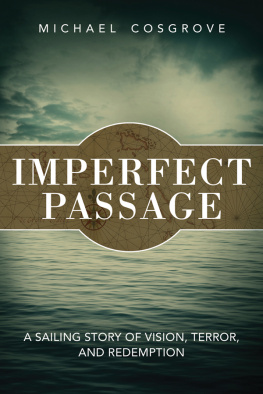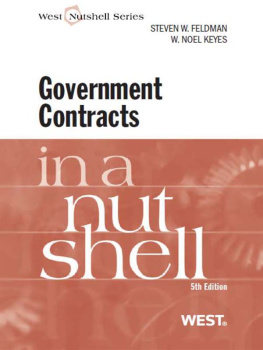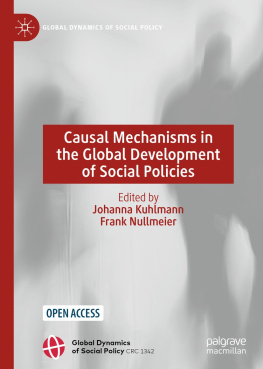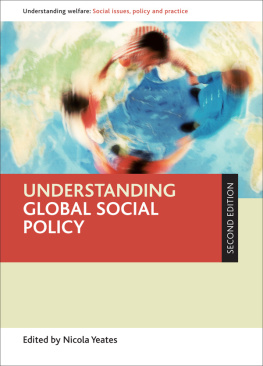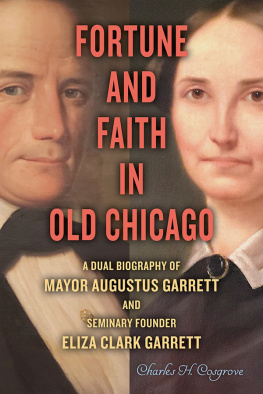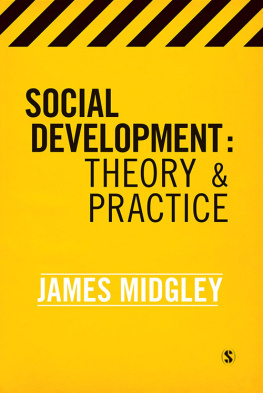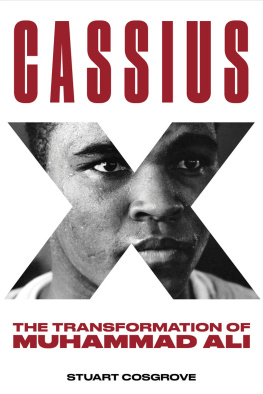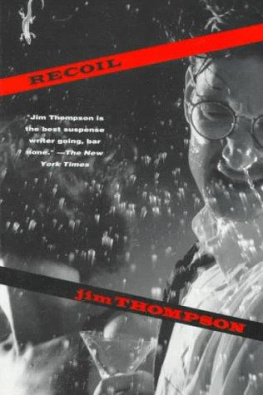First published 1996 by Transaction Publishers
Published 2017 by Routledge
2 Park Square, Milton Park, Abingdon, Oxon 0X14 4RN
711 Third Avenue, New York, NY 10017
Routledge is an imprint of the Taylor and Francis Group, an informa business
Copyright 1996 by Taylor & Francis.
All rights reserved. No part of this book may be reprinted or reproduced or utilised in any form or by any electronic, mechanical, or other means, now known or hereafter invented, including photocopying and recording, or in any information storage or retrieval system, without permission in writing from the publishers.
Notice:
Product or corporate names may be trademarks or registered trademarks, and are used only for identification and explanation without intent to infringe.
Library of Congress Catalog Number: 95-44246
Library of Congress Cataloging-in-Publication Data
Cosgrove, Michael (Michael H.)
The cost of winning : global economic development and broken social contracts / Michael Cosgrove.
p. cm.
Includes bibliographical references and index.
ISBN 1-56000-229-8 (alk. paper)
1. United StatesEconomic policy. 2. United StatesEconomic conditions1945- 3. Economic forecastingUnited States. 4. United States-Foreign economic relations. 5. United StatesSocial policy. I. Title. HC106.5.C685 1995
337.73_dc20
95-44246
CIP
ISBN 13: 978-1-56000-229-1 (hbk)
This book is dedicated to U.S. taxpayers and ordinary Americans who have given much, so that many people around the globe have an opportunity to enjoy freedom. The United States accomplished this by implementing policies to ensure the political and economic defeat of the Soviet Union. The cost of winning on the U.S. economy has been large, and ordinary Americans paid dearly.
Whatever the shortcomings of this book, they would have been larger without help from friends such as Tom Stewart-Gordon, who counseled me early in the books development, as well as Dan Marsh and Joe Kottukapalli, who went through the manuscript asking questions and giving suggestions. Dan also provided valuable guidance in development of .
My wife Kathy and children, Kelly and Sean, provided support and the time to write this book.
The Cost of Winning is a book about the United States as an economic superpower in the post-World War II era. In particular, it addresses how (1) U.S. taxpayer power was utilized to shape global development and contain the Soviet Union through economic policies; (2) Soviet containment turned into broken promises and entitlements for U.S. citizens; and (3) policies can be implemented to reverse the U.S. decline. Many countries before the United States have held the economic-superpower mantle and lost it, and as described by Kennedy in Rise and Fall of the Great Powers, no previous world power has been able to reverse its relative decline. Will America be the first? History suggests it wont, as a country needs to engage in a realistic assessment of where it is before changes can be undertaken to reverse the decline. The United States remains in denial. When acceptance sets in, it may be too late. That happened with Britain.
The U.S. strategy of shaping global economic development through a series of economic policies and concepts (called building blocs in this volume) to contain the Soviet Union is referred to as the Creation in this book, the term from a book by Dean Acheson entitled Present at the Creation. Mr. Acheson, secretary of state from 1949 to 1953, refers to the epigram of Alphonso X, King of Spain, for use of the idea of the creation: If he had been present at the creation he would have given some useful hints for the better ordering of the universe. In a sense the postwar years were a period of creation, for the ordering of which I shared with others some responsibility. of this book, chapters 110, outlines the strategy of shaping post-World War II global economic developmentThe Creation.
The book opens with a brief review of the plight of two former economic superpowers that sets the stage for the U.S.s role. The strategy of Soviet containment which took place after World War II didnt instantaneously develop but was, in part, an outgrowth of policies and events that took place before World War II. In particular, the Wilson administration made a substantial indirect contribution toward shaping post-World War II strategy. In the latter 1940s many people made a direct contribution to The Creation, including General George Marshall and President Truman. A lesser known figure but a key participant in shaping the strategy was George Kennan.
The Soviet containment objective needed to be implemented through a strategy of several building blocs over many decades. The first was the Marshall Plan which evolved over a fifteen week period and resulted from a coalescing of many events pulled together by General Marshall, then secretary of state. Jones, author of The Fifteen Weeks, characterizes the Fifteen Weeks (as) one of those rare times in history when shackles fall away from the mind, the spirit, and the will, allowing them to soar free and high for a while and to discover new standards of what is responsible, of what is promising, and of what is possible.
Marshall Plan assistance was effective as it was complemented by other building blocs such as movement toward free trade and a stable international monetary system. Free trade from a Soviet containment point of view meant providing U.S. allies an open door to the large and growing U.S. economy while not requiring equal access to theirs. This foreign trade-national security theme rested on the premise that stronger allied foreign economies were central to U.S. security, as economies in process of growth will resist communism much more readily than stagnating economies. The U.S. open-door trade policy was very important to growth of economies such as Japan. In 1954 John D. Rockefeller, III said, It seems clear that the increase of Japans exports is the key to the situation and added with some prescience that there is no need to be pessimistic about the future of Japan.
Initial thoughts after World War II were that economic programs might be sufficient to contain the Soviets. A more realistic assessment emerged as a number of events kicked off the arms race. Large U.S. defense expenditures allowed countries aligned with the United States to spend less of their economic output on defense and to allocate a larger proportion of their economic output to business investment. The U.S. defense umbrella was another building bloc contributing to rapid growth of countries in Western Europe and the Far East.
U.S. tax policy was a central component of Soviet containment. It encouraged a high rate of consumption, low rate of savings, and high capital cost in the United States. While U.S. tax policy was unfriendly to capital formation, allies such as Japan and West Germany adopted a capital-friendly tax code to generate strong export economies, whose products could flow into the large open-door U.S. economy. The U.S. policy of deferred capital investment and high-cost capital had the effect of sharing the U.S.s wealth with its friends through encouraging job and economic growth in their countries.


